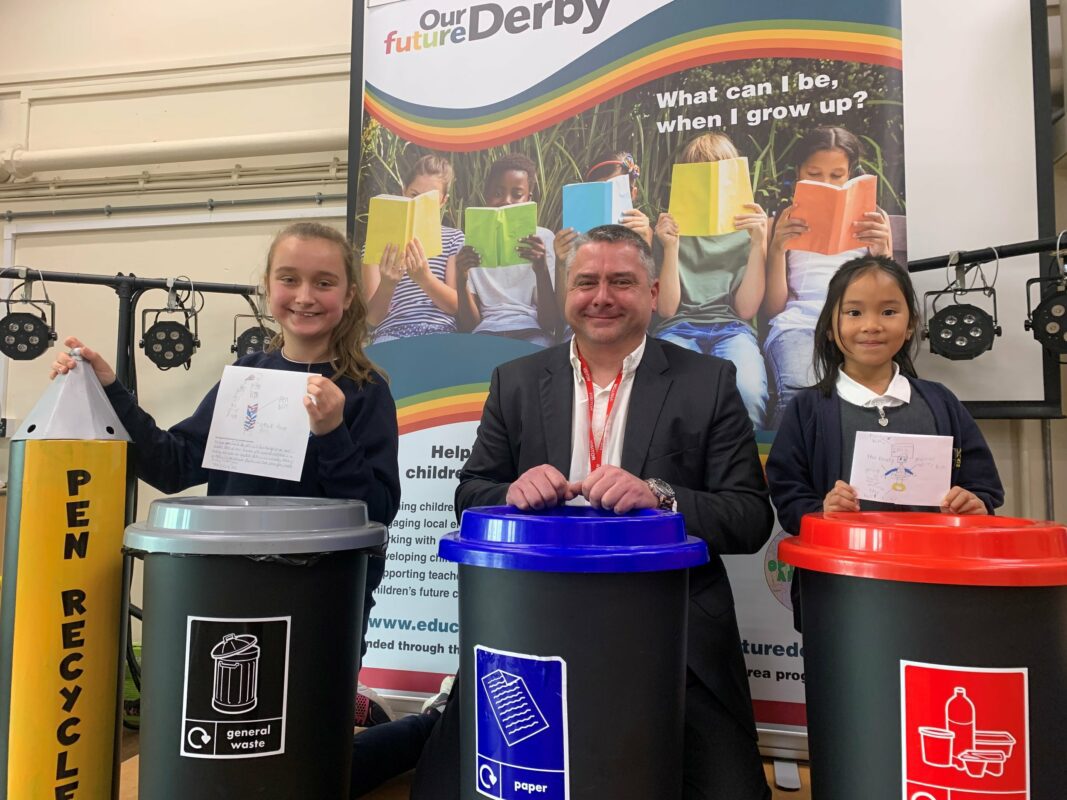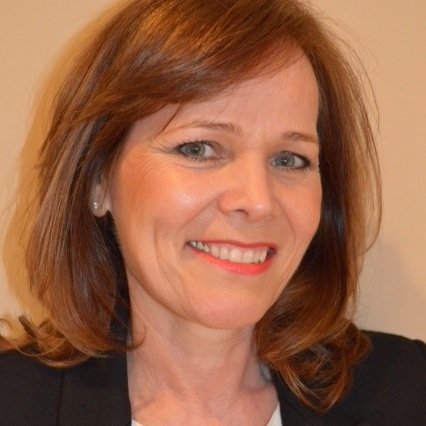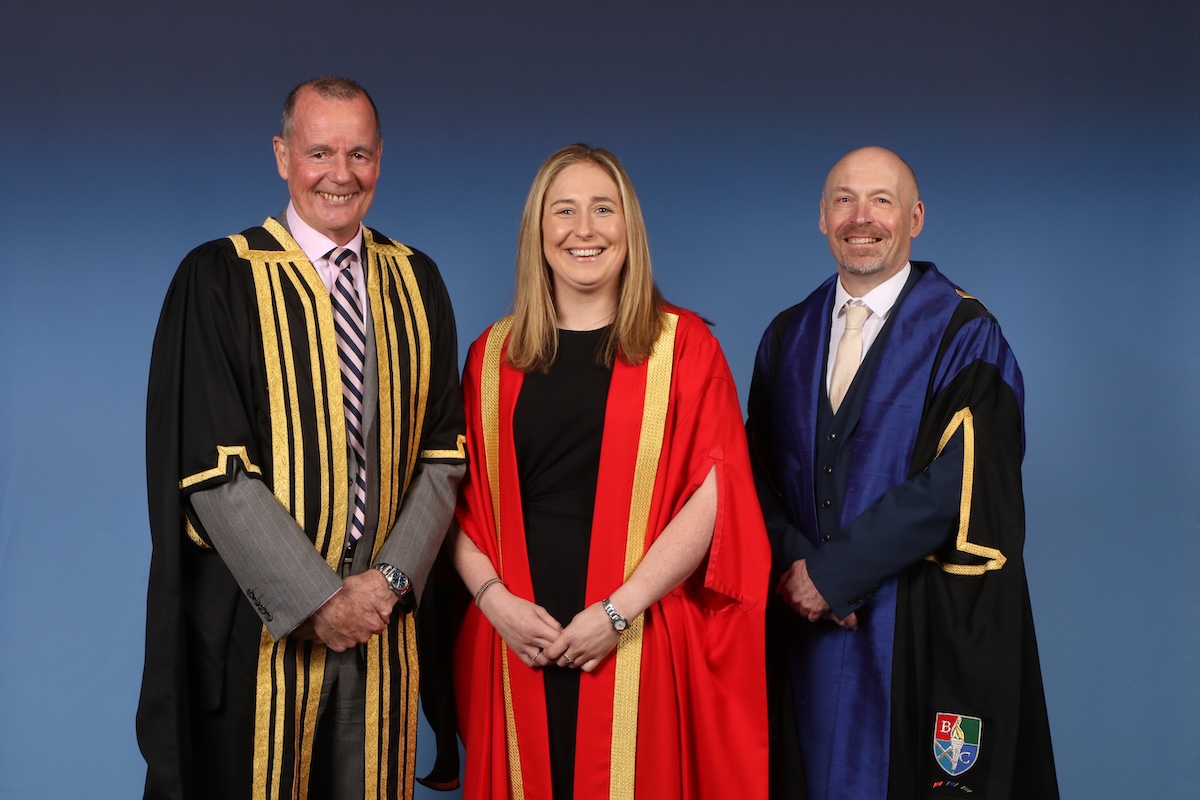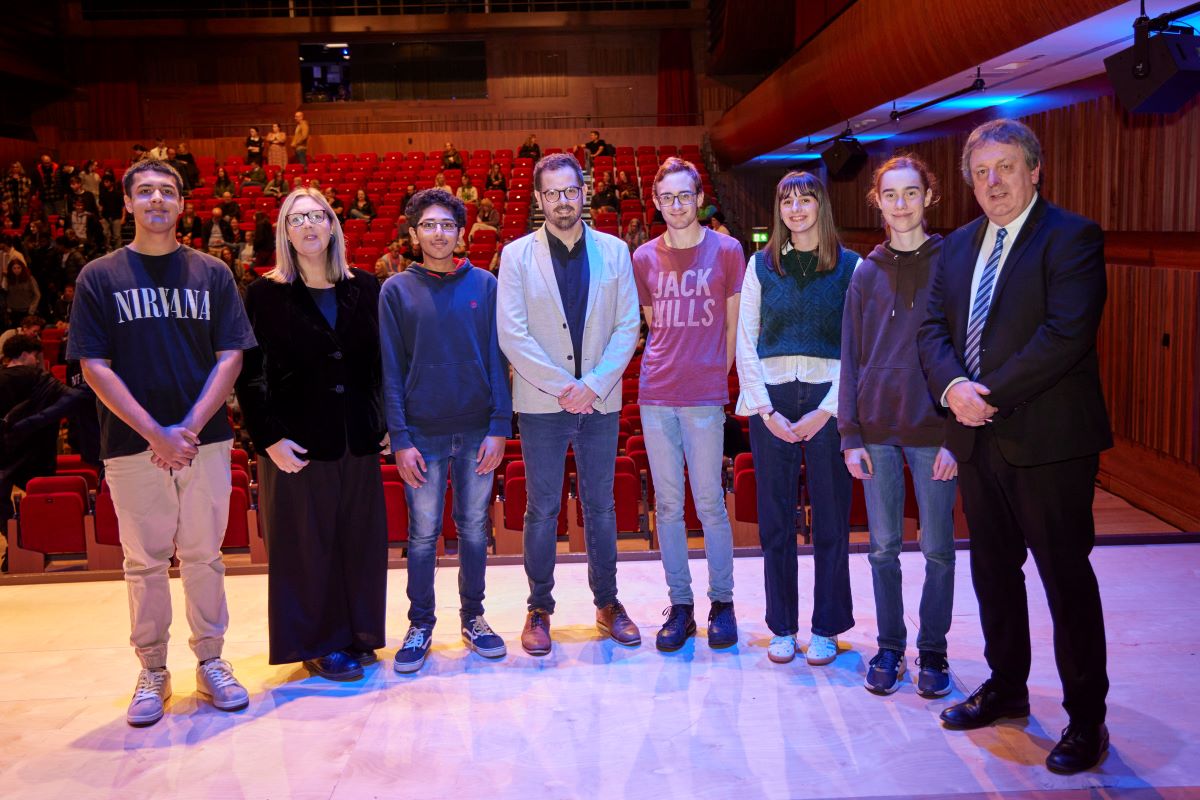Why East Midlands is leading the way when it comes to careers-based learning in primary schools, thanks to Our Future project
A GROUND-BREAKING, Government-funded project aimed at raising and broadening aspirations of primary aged children and challenging gender stereotypes in some of the poorest areas in the East Midlands has been hailed a success.
The Our Future project was launched in the city in 2019 with funding and support from the Department for Education through the Derby Opportunity Area programme. Its aim was to expand children’s horizons, challenge stereotypes and enhance social mobility through fun activities and workshops delivered by experts from education outreach organisation, Learn By Design and supported by Primary Futures volunteers.
The need for such a programme was demonstrated when charity Education and Employers conducted the ‘Drawing the Future’ survey which showed that children as young as six often had ingrained stereotypical views on the jobs people did which set limits on their ambitions. This was influenced by who they knew and what they had seen on TV, with only 1% having the chance to be inspired by someone visiting their school.

However, thanks to the programme children in city schools are now more aware of other jobs that are available to them – 75% of those asked stated that they had learned about jobs they didn’t know about previously in catering, social media, engineering and IT.
Other key findings show that, post activity, 92% of children agreed that ‘girls and boys could do the same job’ and youngsters felt ‘inspired and excited’ after hearing adult volunteers talk about their jobs (76%).
Dr Deirdre Hughes OBE, founder of educational policy experts dmh associates, said: “The project has taken a pioneering approach to career-related learning in primary schools, working in some of the most disadvantaged areas of the city.
“More than 9,000 children – 9,328 to be precise – were engaged in the project and, from this, we know what works and what more needs to be done to improve children’s life chances.
“Our Future will leave a lasting legacy here in the East Midlands and it has been a pleasure to have been a part of it.”
Managed by the Education and Employers charity, Our Future was rolled out across primary schools in Derbyshire, Nottingham and Nottinghamshire in September 2021 following further funding from the Government Equalities Office, taking the number of schools involved in the project to 52.

It was also adapted for children with special educational needs and delivered to youngsters at Oak Field Primary, in Nottinghamshire, and St Clare’s in Mickleover who were among the first to get hands-on with a wooden cow nicknamed Buttercup. The project – called ‘Farm to Fork’ followed the process in the food chain from agriculture production to consumption, in this case how the milk from a dairy cow in a field is turned into the cheese which ends up in our sandwiches.
Schools who had taken part in the initial pilot – Landau Forte Academy Moorhead and Bemrose School – shared their expertise with others in the region via twinning partnerships, where they shared their experience of the project.
Ruth McNeil, principal of Landau Forte Academy Moorhead, said: “Our Future has had a significant impact on raising aspirations across our school in every year group.
“The main expected outcome was for us to improve our Ofsted rating. We’d had an earlier report stating that our school ‘required improvement’. The senior leadership team made a conscious decision to embed careers-related learning throughout the school to drive forward performance and children’s exposure to inspiring role models.

“Our Future has exceeded our expectations and helped us to achieve a ‘good’ rating in leadership.
“We now have a careers-related learning governor, we have more volunteers coming into the school and we regularly communicate with and involve parents. This is important to us.”
Funding for the Our Future project has now come to an end, but schools will still be able to access the resources created during the project – which include videos, worksheets and presentations covering topics such as STEM, English, challenging gender stereotypes and the environment – via the Primary Futures platform.
However, Dr Hughes hopes that the legacy of Our Future will continue.
“There have been a range of key ingredients that have led to the success of the project,” she said, “including the expertise of the delivery partners, the flexibility of the opportunities offered to each school, the hands-on and interactivity enjoyed by the pupils and the fabulous volunteers who shared their career journey with our schools.
“We had Alison McDowell who supported virtually. She is a helicopter pilot in the Royal Air Force and wowed the children during an activity called ‘Primary Futures – What’s My Line’ by telling them that her one-time co-pilot had been William, the Prince of Wales.
“Claire Duckett, a radiographer from the Royal Derby Hospital, gave a real insight into her job by bringing along a small model of the upper human body that was a hit with pupils at Ashwood Spencer Academy.
“The appetite and enthusiasm shown by schools has been overwhelming. Added value, legacy and sustainability was threaded through the entire project and it’s fantastic to see how many are now planning their own themed careers days and utilising the Primary Futures portal to access career volunteers themselves.”
The full Evaluation and Impact Research Report can be viewed here.











Responses